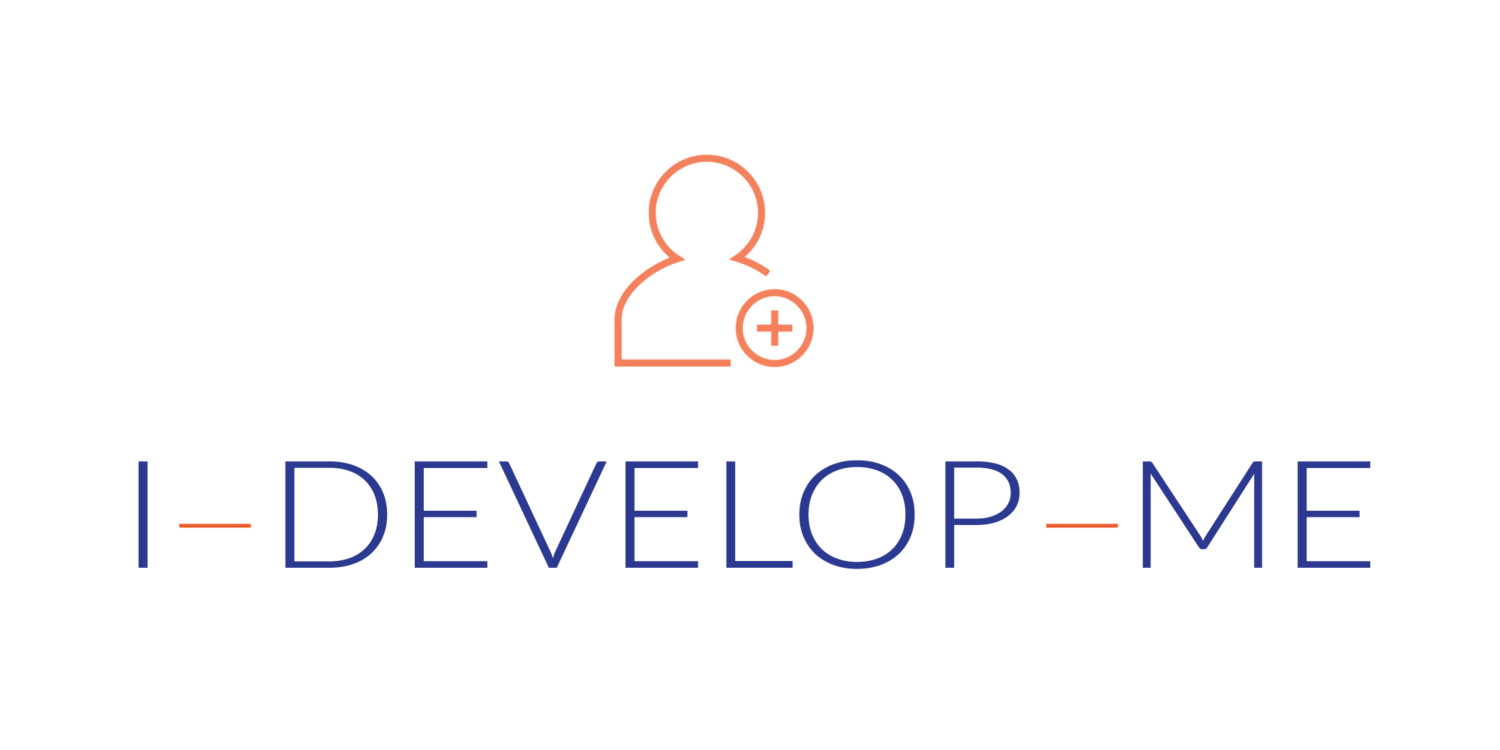But last week I attended a lunch and employment law update which was very helpful on a number of levels. The main being that while I know a little something about employment law in the UK (enough to be dangerous), I don't know much. This is actually a good position to be in because it makes me research and learn and talk to people who know more than me. I know what I don't know, which is better than thinking I know everything. It means I will end up in less sticky situations.
One of the items for discussion was Gender Pay Gap Reporting in the UK. I'd heard a little bit about it before I moved to the UK but as the company I work for doesn't have enough employees in the UK to have to complete the report, I let it fall out of my brain. But after some superior sandwiches and other lunch food tidbits I was in the right frame of mind to take in what this meant for employers.
Employees with more than 250 employees are expected to report their Gender Pay Gap by 2018 in the following ways:
- the mean pay gap between men and women,
- the median gender pay gap, and
- the gap in bonuses paid to men and women.
The brief included what exactly constituted 250 employees and what formulas you used for the calculations and when it all had to happen by. It struck me that this type of reporting has the potential to change the culture of how we look at gender and equal pay in the workplace. Because I'm assuming that the pay gap is not going to be positive for women. Actually I know it's not because of the clever research conducted by the International Labour Organisation and the World Economic Forum and the United Nations and many many other private and public sector organisations. We know the gap is not going to be pretty and this is going to force employers to start to do something about it, because there is going to be a bit of an uproar. You would think.
But then the presentation took a bit of a turn. There was a discussion about how you could potentially avoid reporting and how if you engaged a lawyer to help you look at your data, then the data would fall under legal privilage so you could get away with not reporting (say if your results were really bad and you needed time to sort it out). And then some information on how there wouldn't be any sanctions for companies that didn't report and then I started to feel a bit "half glass empty" about the whole situation.
In my home country, Australia we have been doing reports like this through the Workplace Gender Equality Agency. At least since 2008 the reporting requirements include numbers of males and females at each level, having policies that support gender equity in relation to all parts of people management and some other stuff that I don't think anyone cares about. I think the Workplace Gender Equality Agency is doing a great job driving this agenda but most companies I have worked at have all the right policies on equal employment opportunity and flexible work practices and so on. What is harder is having the right culture and leaders who believe and live the intent of the policies.
In various roles I have either been responsible for completing the report, part of a team completing the report or reviewing the report before CEO sign off. I can say generally that most years it is a scramble to demonstrate that the organisation has done anything to move the gender diversity issue along (though maybe I haven't worked for the right organisations) and to be honest it's exhausting applying creative thought to situations that don't deserve it.
The legislation that sits behind this reporting is well intentioned and should produce outcomes where organisations really look at what's happening in their patch and start to engage in dialogues to improve the situation. Equal pay for women and men has a huge impact on our community at large. Instead the lack of teeth in forcing or reviewing the public reporting means for many HR people tasked with filling out the sometimes excruciating details, is that it is all for nothing. We seem to be lacking some real grit and courage to deal with the problem.
Gender and diversity reporting attempts to create transparency around organisational remuneration, policy and cultural practices but how can this happen when there are no ramifications for non reporting or for reporting poor figures with no robust plan to fix it?
I really like this TEDx video which was shared on my social media a number of times this week so I had to pay attention. In January this year, David Burkus talked about why sharing salaries could benefit employees, organisations and the wider society.
Take a look. What do you think? Would you want your colleagues to know what you get paid? I think the new UK legislation is attempting to create transparency around pay gaps and that's a good thing.
Or maybe we could just pinksource? Its pretty, cheap labour. Go watch this video, now!
*code for writing about a topic without getting sacked





